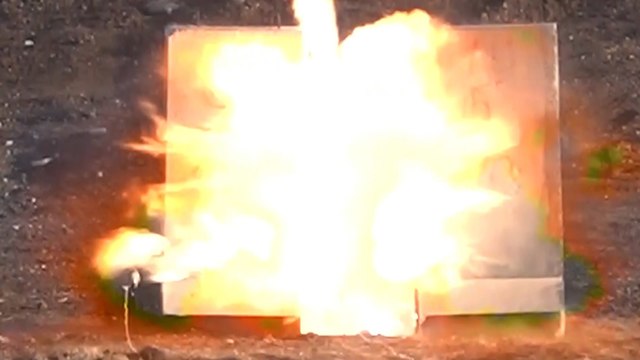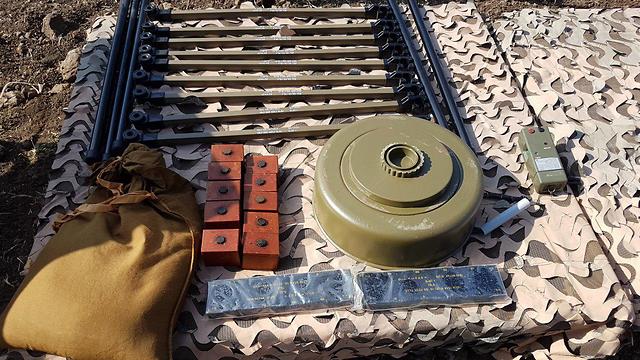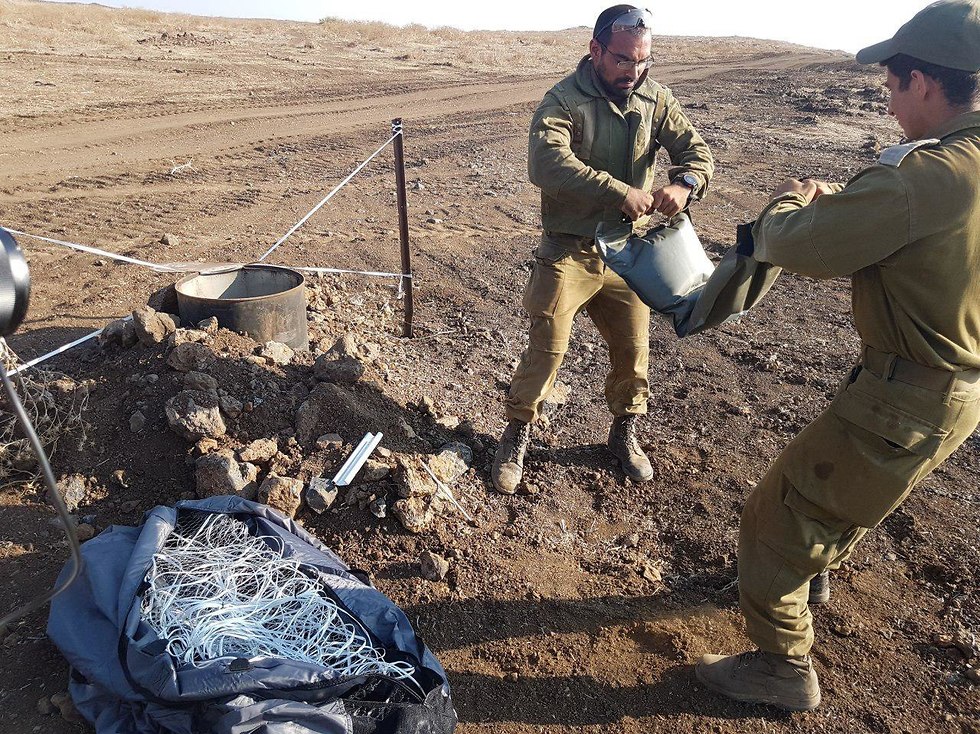
The war against Hamas tunnels
IDF predicts that Hamas will rely on its tunnels in the next military round in Gaza, in an attempt to draw soldiers to an underground city located deep beyond enemy lines; to thwart the tunnel threat, IDF’s Combat Engineering Corps has acquired groundbreaking technologies capable of locating and dismantling Hamas’s tunnel capability.
The IDF’s Combat Engineering Corps has undergone a transformation in recent years in an attempt to locate and thwart Hamas’s tunnel threat. In addition to increasing military personnel in IDF’s Special Operations Engineering Unit, the army also acquired advanced technologies that can locate and dismantle Hamas’s offensive tunnels.
In the absence of a ground maneuver in Operation Pillar of Defense and with very limited access to the border in Operation Protective Edge, Hamas has been using the last decade to transfer its entire army to an extensive underground network located under houses, streets, hospitals and educational institutions.
The IDF estimates that thousands of Hamas fighters will hide beneath the surface in the next war in Gaza. Avoiding direct conformations with IDF soldiers, Hamas’s army will attempt to draw IDF forces deep into their offensive tunnel network located underneath densely built-up areas.
Therefore, IDF’s Combat Engineering Corps has been significantly upgraded. However, the question of whether the military is preparing for a next war in Gaza still remains.
Most of IDF’s weapons against Hamas’s offensive tunnels are still banned from publication, and even some of the military maneuvers that were used during Operation Protective Edge against some 30 tunnels are still under military censorship.
Some of newly acquired special anti-tunnels technologies —dubbed “voyeur”, “bird of paradise” and “pitchfork” to name a few— can scan tunnels’ routes, locate tunnel shafts, and collect data from the bottom of the earth—all in order to turn Hamas’s underground city into an underground cemetery, without having to deploy ground forces.
In addition to acquiring technology to locate tunnels, IDF has acquired new night-vision technologies, advanced communication devices, underground navigation tools, and advance military robotics.
Some of the military solutions developed after Operation Protective Edge were upgraded in the past year, and for this purpose, equipment worth hundreds of millions of shekels was purchased. For instance, the army acquired dozens of Caterpillar D9 bulldozers; tiny “worms” cameras, and unique sealing bags that can instantly close tunnel shafts. Low-tech means, such as TNT sacks and anti-tank mines were also purchased.
In addition, the Combat Engineering Corps maintains its classic capabilities: breaking walls and doors, blowing up traps, and opening dangerous routes deep inside built-up areas.
“We want every platoon commander in IDF’s infantry corps to have the basic skills required to operate these new technologies, not only during orderly ground operations but also during battle. In the same manner, the Engineering Corps should know how to operate infantry corps’s tanks,” a senior engineering officer explained.
Source: YNET


